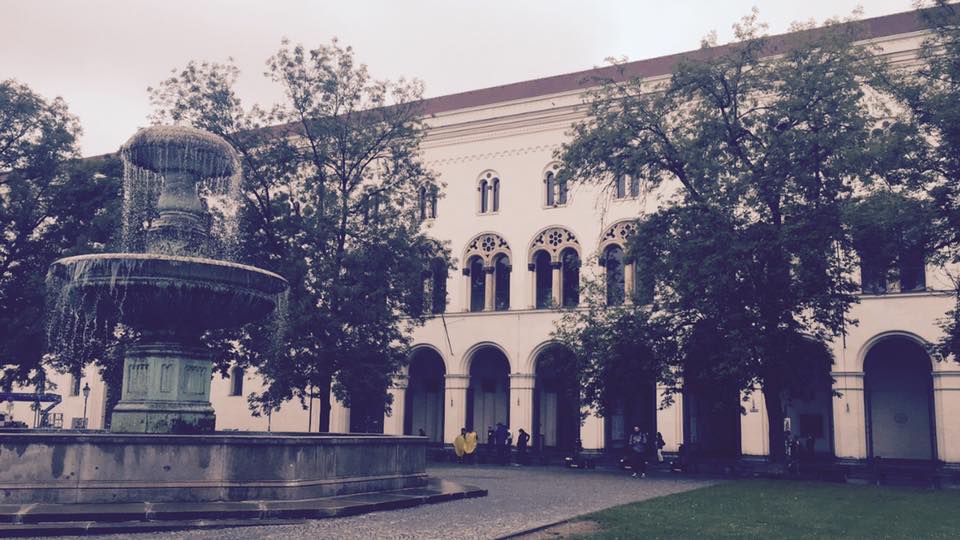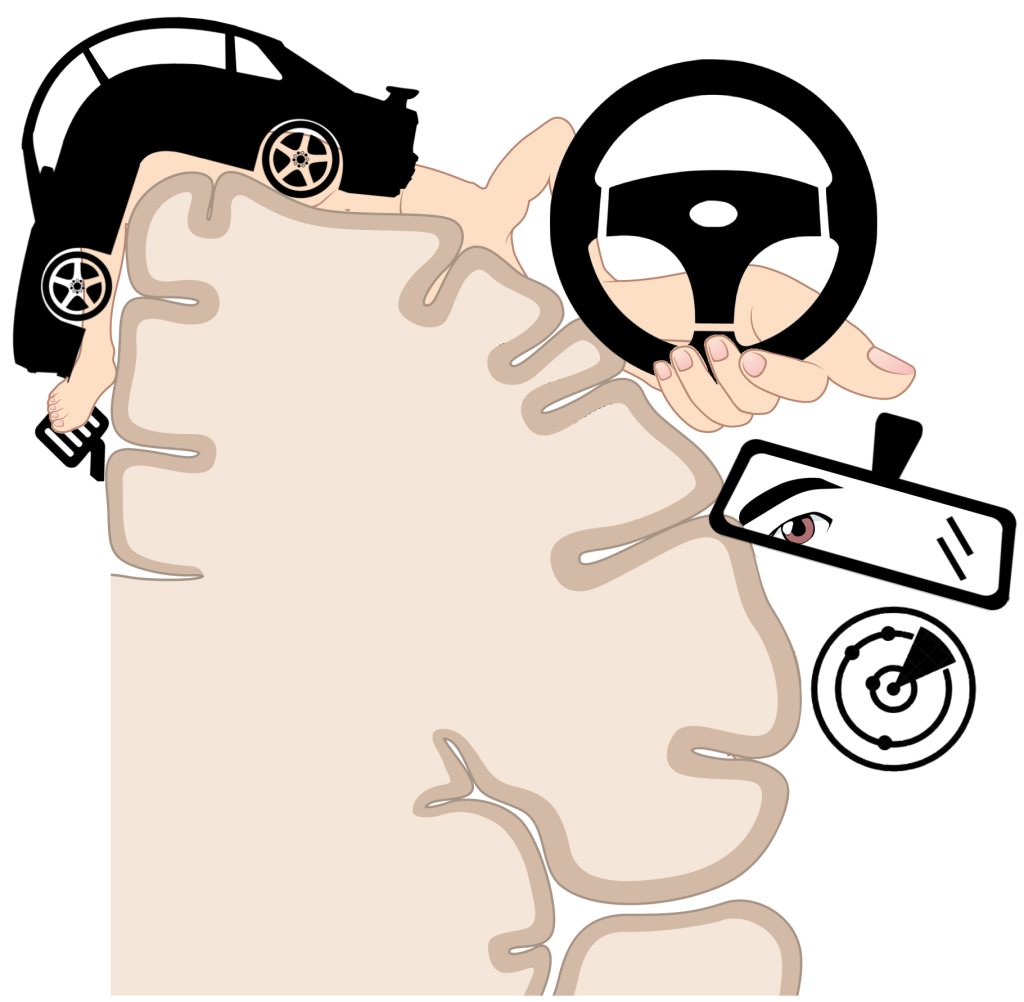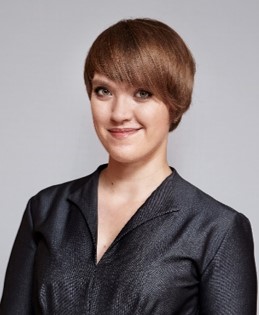Conference Workshop
@ Automotive User Interfaces 2019
September 22, 2019 (14:30 – 18:00)
Utrecht, The Netherlands
Introduction
Various present-day driving assistance systems might more accurately be described as driver substitution systems. By gradually assuming responsibilities for tasks previously attributed to a human driver, existing human competencies are thereby not only ignored but may even deteriorate from disuse. Furthermore, human minds have not involved to stay idle and thus a bored person tends to start engaging in secondary tasks. In the case of driving, this may lead to severe out-of-the-loop consequences. As people still have strengths in domains which artificial systems have not yet mastered to the same extent (e.g. situation understanding, context awareness, multimodal integration, creative problem solving), it might not yet be the time to generally promote driver disengagement. Conversely strengths of artificial systems should also be leveraged for improvements in safety and other performance measures. In this workshop we will therefore focus on an approach that emphasizes a strengthening of the link between vehicle and driver. Guided by the term “the embodied vehicle”, we will introduce, draft, and discuss options for achieving a closer human-vehicle integration and try to identify possible implications of the developed approaches.
Participation
The topic of embodied mobility entails links to both technological and physiological domains and further puts a strong emphasis on the interface between the two.
To approach this inherent interdisciplinarity, in this workshop we therefore hope to connect researchers, practitioners, and professionals from various related fields such as physiological sensing, sensor processing, ergonomics, (neuro)prosthetics, cognitive science, neuroscience, ecological psychology, multimodal HMI, and immersive HMI. The participants will be challenged with the question how capabilities of a human driver may be expanded through technology available to a vehicle.
To provide a first common ground for subsequent discussions and exploration of the topic we will start the workshop with a brief motivation and an introduction of concepts and examples relating to the topics of embodied perception, immersion, body ownership, shared control and cooperation.
In subsequent group activities, participants will then have the opportunity to contribute insights from their own perspectives and develop approaches or solutions for promoting an embodied driving experience. The workshop will conclude with presentations of results from different group activities and subsequent discussions.
Tentative Schedule
| 14:30 – 15:00 | Opening | Self-introductions of organizers and participants. Introduction of the workshop topic + research and application examples. |
| 15:00 – 15:15 | Group Activity | Ice-breaker to spark the participants’ creativity. |
| 15:15 – 15:45 | Group Rotations | Divide & Conquer. Moderated discussions in rotating focus groups. |
| 15:45 – 16:00 | Idea Collection | Confluence of discussion results. |
| 16:00 – 16:30 | Break | [icon name=”coffee”] |
| 16:30 – 17:15 | Storyboard Creation | Prototype sketching for HMI solutions. Description of empirical validation processes. |
| 17:15 – 18:00 | Presentations and Discussions | Groups present their storyboards. |
Organizers
Matti Krüger is a Scientist at the Honda Research Institute Europe. He studied Cognitive Science at the University of Osnabrück, Germany with a focus on the areas of Neurobiopsychology and Computer Science. For his thesis work he investigated principles of human attention selection and corresponding neurological mechanisms. At the Honda Research Institute he researches the topics of multimodal sensory processing and attention selection in the context of human machine interaction for the automotive and robotic domains.
Lewis Chuang is an Akademischer Rat at Ludwig-Maximilians-Universität München, within the Institute for Informatics. He employs gaze tracking and psycho-physiological methods (i.e., EEG) to understand how humans seek out and process information when interacting with closed-loop machine systems (e.g., vehicle handling). He studied psychology at the Universities of York (BSc) and Manchester (MPhil) and received his PhD in neuroscience at the University of Tübingen.
Tobias Benz is a research fellow at Living Analytics Research Centre (LARC), Singapore Management University. He studied Human Factors Engineering at the Technical University Munich and completed his Ph.D. on “Multi-modal User Interfaces in Teleoperation” at RWTH Aachen University. The thesis focused on processes and influences on multi-modal integration. After his Ph.D., he joined Max Planck Institute for Biological Cybernetics as a postdoctoral researcher and a visiting researcher at LMU Munich, within the Institute for Informatics. During that time, Tobias researched the design of automotive interfaces for non-driving activities.
Nataliya Kosmyna is passionate about an idea of creating a partnership between AI and human intelligence, fusion of a machine and a human brain. She obtained her Ph.D in 2015 in the domain of non-invasive Brain-Computer Interfaces (BCIs) as a part of EHCI team of Université Grenoble-Alpes, France. Most of her projects are focused around EEG-based BCIs in the context of consumer grade applications. Before joining MIT Media Lab – Fluid Interfaces group in 2017, she was a post-doc at Hybrid team (VR/AR), Inria Rennes, France.In Fluid Interfaces group at MIT Media Lab, Nataliya is interested in cognitive augmentation and human enhancement. She works on designing and testing novel hardware solutions and closed-loop paradigms for different applications (learning, driving) and user groups (adults, kids).
Bruce N. Walker is a professor at Georgia Institute of Technology, with joint appointments in the School of Psychology and the School of Interactive Computing. In addition, he is a member of Georgia Tech’s HCI faculty and HCC faculty, as well as the Graphics, Visualization, and Usability (GVU) Center and coordinates the Psychology Track in the GT Masters Program in HCI (MS-HCI). Bruce completed his Ph.D. at Rice University (2001) in Psychology (Human Factors and Human-Computer Interaction) with a dissertation titled “Magnitude Estimation of Conceptual Data Dimensions for Use in Sonification”.
Contact
If you have any questions about this workshop please contact
matti dot krueger at honda hyphen ri dot de.
For questions concerning AutoUI workshops in general please contact
wat at auto hyphen ui dot org.







